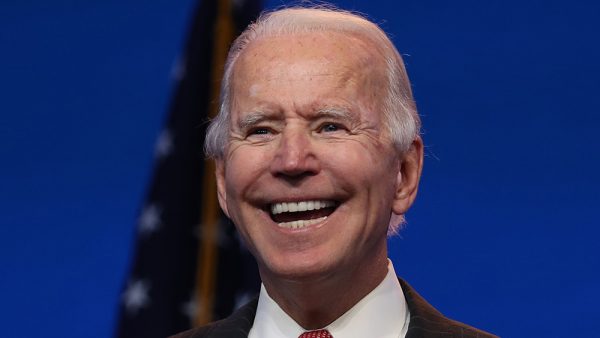 Parler
Parler Gab
Gab
Tight supplies, increased costs of transport and labor to blame
Across North America, price pressure continues to build across the supply chain as drought threatens to destroy key crops. This comes at a time when inventories are low, depleted after China started hoarding agricultural imports earlier this year. While the pains are mostly felt by companies, who've been looking at ways to cut costs for months, consumers may soon start to feel the effects of inflation and price hikes when they walk into restaurants like Burger King. Burger King owner Restaurant Brands International – which also owns Popeyes – is predicting price increases across the board for ingredients like beef and even mayonnaise. The latter is usually made with soybean oil, a raw material that's now in tight supply after China snapped up large amounts of soybean earlier this year to feed livestock. (Related: Food prices skyrocketing on soaring agriculture futures as prices for lumber, gas and other commodities climb amid lingering pandemic.) The soybean market is so tight right now that some supplies meant for human consumption are now being used for livestock. Because there's less supply for tofu makers and soybean oil producers, prices are expected to rise. Meanwhile, already rising meat prices got a bump recently after a ransomware attack briefly knocked the factories of meatpacking giant JBS SA offline. The company is responsible for processing nearly a quarter of the U.S. beef supply and a fifth of its pork and chicken supplies. But short supplies of ingredients aren't the only thing driving food prices up. Indeed, the higher prices on grocery-store shelves and restaurant menus come as part of a broader rise in inflation. Across the U.S., consumer prices surged by five percent in May, allowing the country to hit its highest annual inflation rate in nearly 13 years. According to data from the Department of Labor, more expensive used cars and trucks are helping fuel the rise in inflation. Prices for airfare and furniture also increased. Coupled with the high demand for shipping during the pandemic, this has raised the transport costs of food products by as much as 25 percent from a year ago. Meanwhile, labor shortages are hampering operations at restaurants and supermarkets, prompting employers to raise wages. "Like most retailers, we are faced with higher freight costs, worker shortages and uncertainty related to inflation," said Dollar Tree CEO Michael Witynski during a recent earnings call. "These issues are rising as Covid abates."Some companies look to take advantage of rivals by raising prices to gain market share
Even as a myriad of factors continue to drive food inflation, some companies remain optimistic that the rise in food costs is transitory. Walmart CFO Brett Biggs, for one, said that it is uncertain whether the inflationary trend would last. "You are seeing some input costs come down versus where they were a month or two ago. You’re not seeing interest rates go up. So there’s some signs that maybe there is some of this that’s transitory," said Biggs. Instead of simply raising prices, Walmart executives told analysts that they are planning to use the rising costs across the industry to create a bigger pricing gap between Walmart and its competitors. Campbell, too, is treading lightly. The canned soup-maker aims to stay competitive with prices on soup and snacks, though it will still pass along some increases this summer. The company stated that its soup brands gained even more market share than ever during the previous quarter. This is despite the fact that their overall sales declined. "We are going to be very thoughtful about it," CEO Mark Clouse said. "The last thing we want to do is shut down the growth that we’ve worked fairly hard to have." Follow FoodSupply.news for the latest updates on the rising cost of food in America. Sources include: WSJ.com Bloomberg.comDeborah Birx hid covid info from Trump, altered CDC guidelines without approval
By Ethan Huff // Share
By Mary Villareal // Share
Americans lining up outside food banks as record inflation continues
By Belle Carter // Share
Diminished US refining capacity from facility closures contributing to soaring gas prices
By Belle Carter // Share





